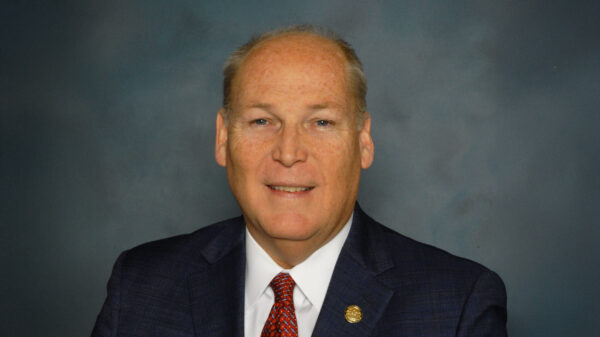The Mountain Brook City Council on Monday voted unanimously to join the City of Tuscaloosa in a lawsuit challenging the State of Alabama’s current distribution of revenue collected under the Simplified Sellers Use Tax (SSUT).
The SSUT, a flat 8 percent tax on online purchases, is distributed by the state with 50 percent going to state funds and the remaining 50 percent allocated to cities and counties based solely on population—not based on where the purchase originated. City leaders argue that this formula shortchanges municipalities like Mountain Brook, where a high volume of online purchases are made by residents.
“Our residents are already paying this tax, and yet much of it never makes it back to support the services they rely on,” said Mayor Stewart Welch. “This is about fairness. Cities like Mountain Brook should receive a more equitable portion of the revenue generated by their own citizens.”
The City of Tuscaloosa and the Tuscaloosa City Schools Board of Education both voted last week to pursue legal action against the state, although lawsuits have yet to be filed. No SSUT revenue is mandated to go toward local school systems.
“We’ve watched this imbalance for years while continuing to invest in public safety, infrastructure, and quality of life,” said City Council President Virginia Smith. “Joining this lawsuit is a necessary step to advocate for the fiscal future of our city and ensure our ability to serve the community well.”
Leaders in Tuscaloosa have said legal action may not be the ultimate solution, but hoped it would bring attention to the problem.
As more and more people have turned to online shopping, SSUT revenue has been a growing revenue stream ripe for debate over distribution.
Rep. Chris England, D-Tuscaloosa, has introduced multiple versions of a bill seeking to solve the issues with SSUT distribution, including raising the flat rate to 9.5 percent to be more aligned with the average combined sales tax rate in Alabama and directing the new 1.5 percent in revenue to school systems.
Alabama leaders established the 8 percent flat rate at a time when remitting online sales tax was voluntary; the flat rate of 8 percent meant to be an incentive to remit sales tax. That incentive has not been necessary for years, as the U.S. Supreme Court has ruled that states can require the collection of sales tax on online purchases.

















































